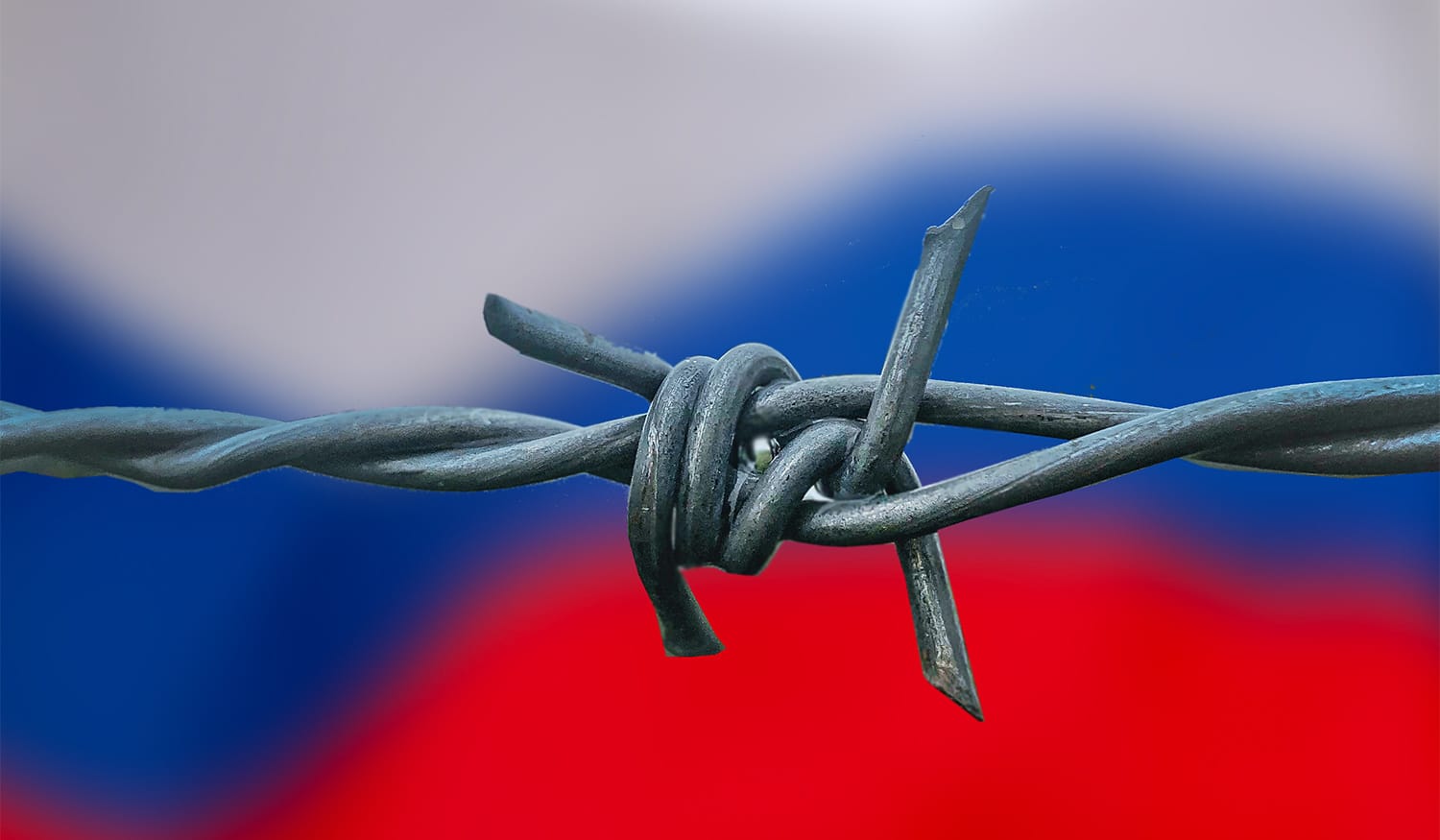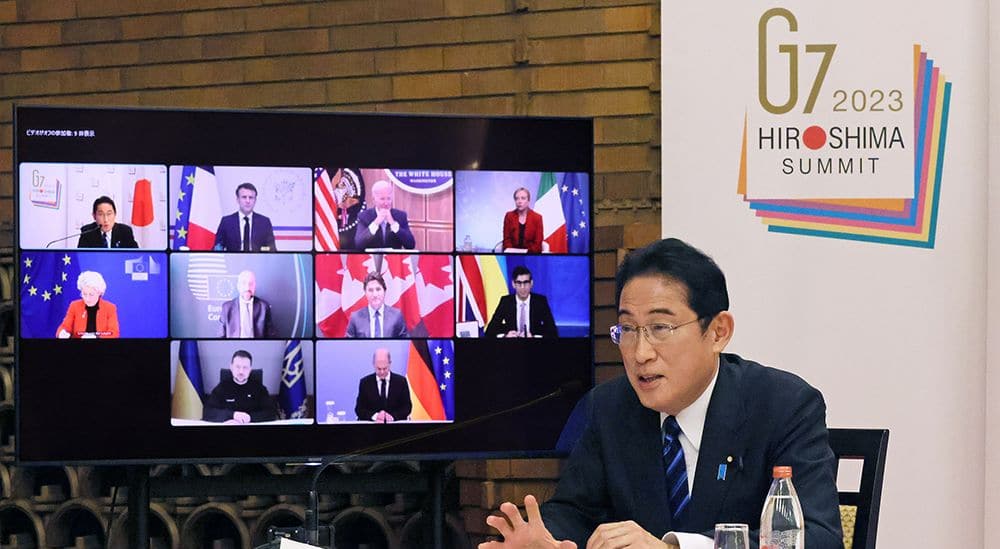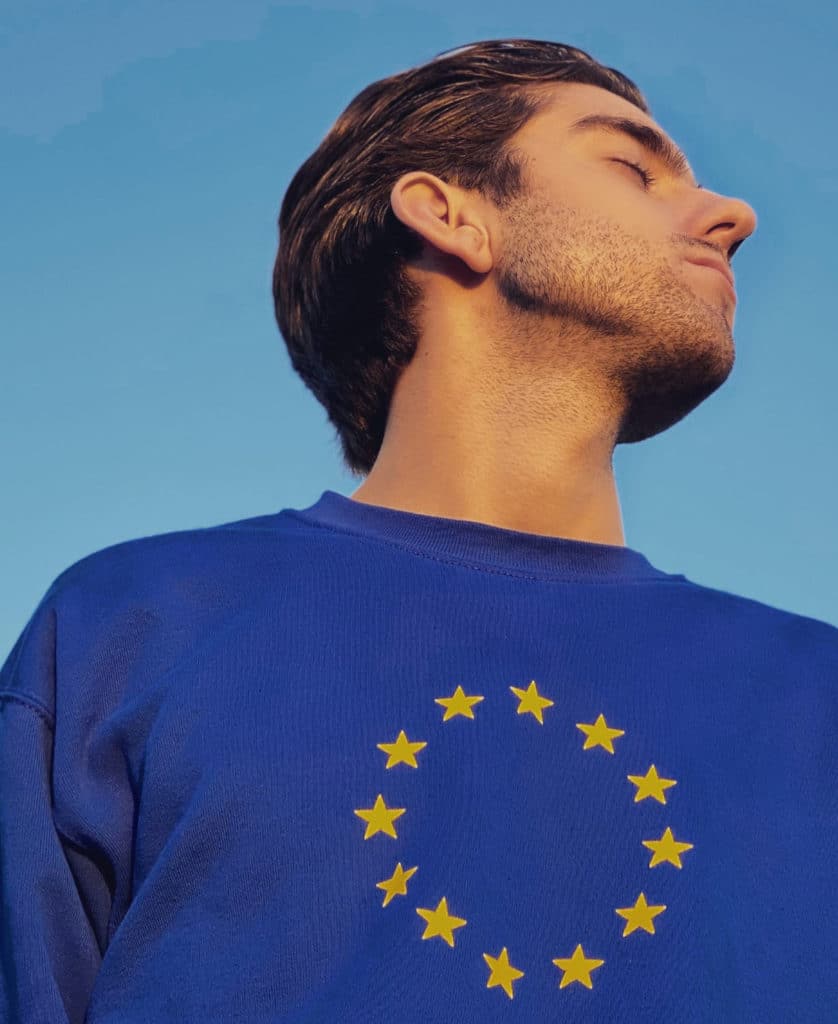Blog
Home » Diamonds blog » G7 GOVERNMENTS LOOK LIKE THEY’RE PLANNING TO RAMP UP SANCTIONS AGAINST RUSSIAN DIAMONDS
Focus on

More than one year into the war in Ukraine, there are building signs that Western countries are planning to ramp up sanctions on Russia, and Russian diamonds in particular.
Releasing a joint statement after an online summit on February 24, the leaders of the G7 – the United States, Canada, France, Germany, Italy, Japan, the United Kingdom – pointedly stated that they are seeking ways to embargo sales of Russian goods.
“Given the significant revenues that Russia extracts from the export of diamonds, we will work collectively on further measures on Russian diamonds, including rough and polished ones, working closely to engage key partners,” the statement released by the White House in Washington, D.C., noted.
It’s worth noting that there currently are significant differences between the types of sanctions being imposed on Russian produced goods between the G7 nations, with the United States having imposed a substantial ban on all goods – rough and polished – being imported directly from Russia, although not Russian sourced goods cut and polished elsewhere, while in EU countries the ban on rough is essentially non-existent.
But it would appear that a process is currently underway to arrive at a joint modus operandi, which would restrict the sale of all Russian goods in the West, although in likelihood leave lucrative markets in India, China and the Arabian Gulf still flush with such merchandise.

Japanese Prime Minister Fumio Kishida speaking during the G7 summit, during which additional sanctions against Russia’s diamond industry were discussed.
SEGREGATING GOODS OF RUSSIAN ORIGIN
In a press release put out three days later, the Jewelers Vigilance Committee (JVC), a legal authority serving the U.S. trade, said that, while there is not yet specific guidance available for U.S. businesses to implement, it had received information that restrictions are likely to specifically target polished diamonds, regardless of where they are cut and polished. At present, goods are exempt from the U.S. government’s sanctions if they have undergone “substantial transformation” outside of Russia.
Any suppliers abroad who are still purchasing diamonds from ALROSA will likely need to begin segregating those goods to ensure they do not reach the U.S. market, and should be prepared to make Customs declarations that their goods do not contain Russia origin products, the JVC said in its statement.
JVC expects that the process to create and implement regulations will take a few months, said Tiffany Stevens, the organization’s CEO and General Counsel.
Until these sanctions are developed and implemented, the JVC recommends that U.S. businesses review their sourcing protocols, discussing requirements with suppliers, and evaluating supply chains using due diligence guidance.
“It is incredibly important for U.S. businesses, if they have not already done so, to fully evaluate their supply chains now to ensure they understand where their products originate and how they may need to adjust sourcing to comply with the forthcoming regulations. Utilizing your existing AML/KYC protocol as a framework is a great way to get started with this, ,” suggested Sara Yood, Deputy General Counsel, Jewelers Vigilance Committee.
There may be more answers available on March, when JVC hosts its annual luncheon in New York. The keynote speakers will be State Ambassador James O’Brien, who has served as the American government’s Head of Office Sanctions Coordination since April 2022.
NOT MORALLY APATHETIC OR AGNOSTIC
Writing in the latest newsletter put out by the World Diamond Council, the body representing the industry in the Kimberley Process, Edward Asscher, its President, addressed the dilemma faced by many in the business.
Stating that while the WDC has traditionally been careful not to take sides in international crises, aware that it must be seen play the role of an honest broker, the organization “is certainly not morally apathetic or even agnostic,” the WDC President noted.
“I speak not only for myself when I say that it’s impossible not to be moved by the terrible human tragedy being played out each day in Ukraine, and how one reacts is largely a matter of personal choice or discretion,” he stated. “But the minimum standard always is meeting the legal requirements in the countries in which you operate. You also need to do due diligence, monitoring your own distribution channels.”
It would have been preferable had there been a clear, international standard according to which we all would abide. But this is not the case at present, certainly where goods fall outside the [Kimberly Process’] current ‘conflict diamonds’ definition,” he added.
Washington, D.C., Ottawa, Paris, Berlin, Rome, Tokyo and London may be about the change at least some of the rules of the game.

To date, the European Union has avoided placing sanction on imports of rough diamonds from Russia. This could possibly change. (Photo: Henri Lajarrige Lombard on Unsplash,com)
